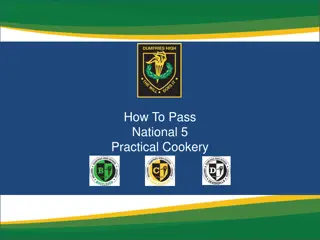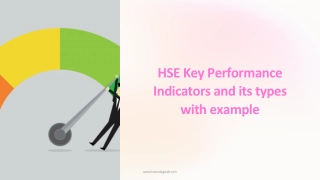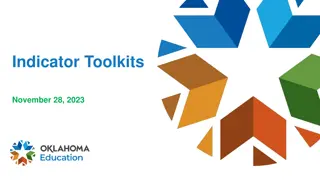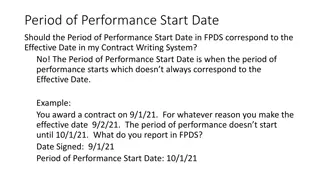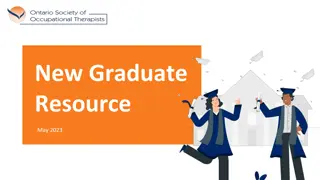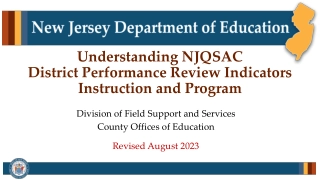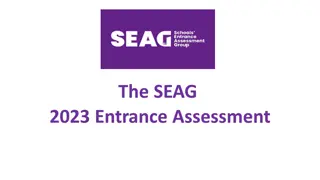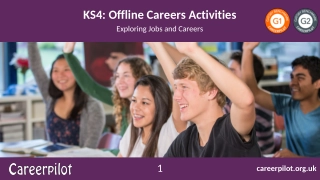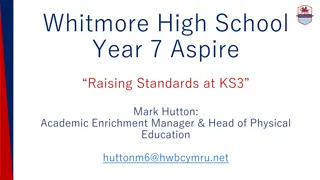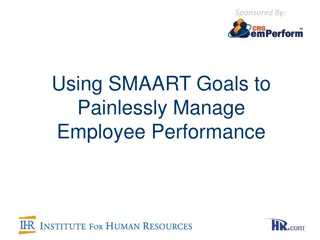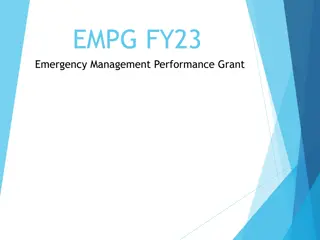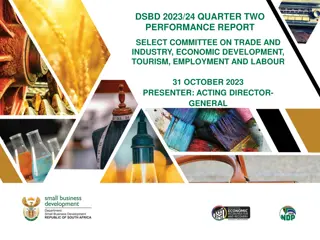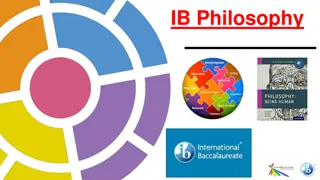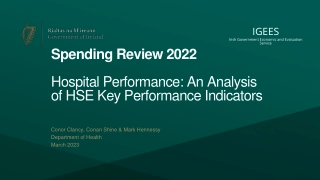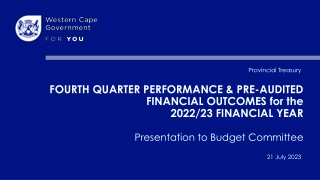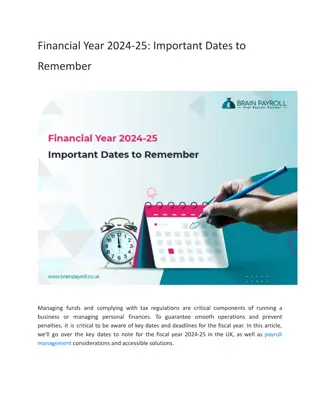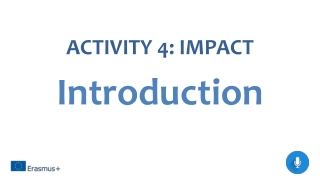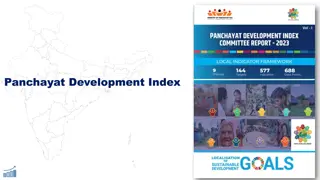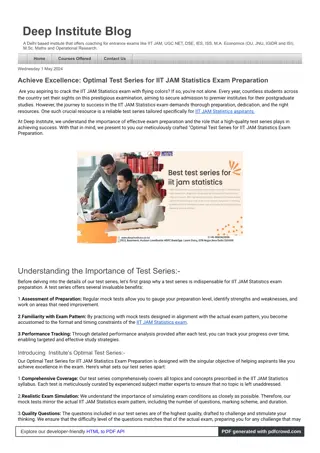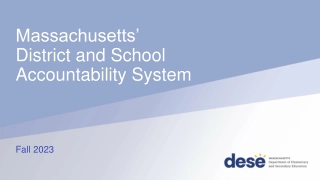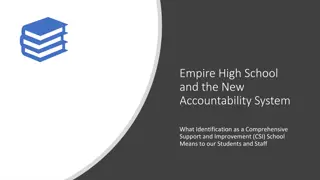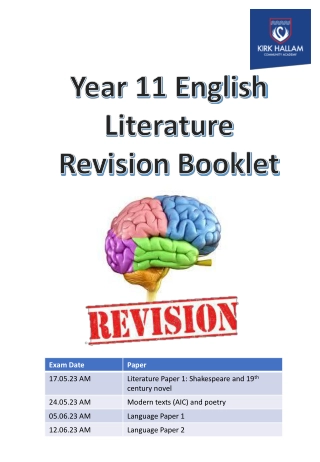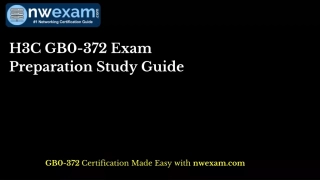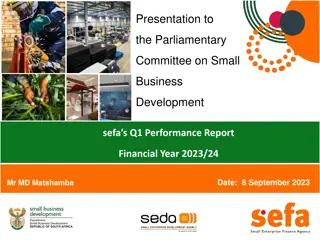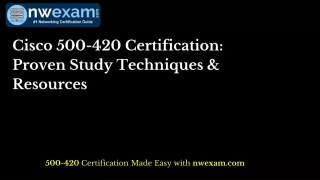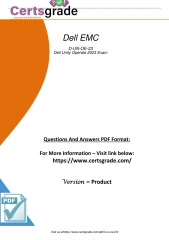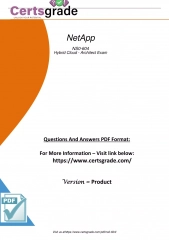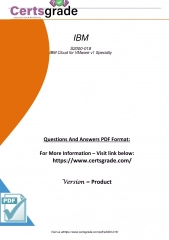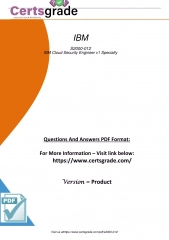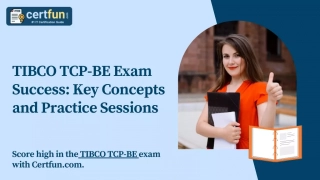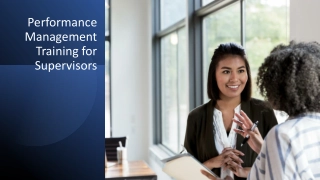Supporting KS4 Pupils for Exam Success: Key Dates, Performance Indicators, and Expectations
Gain valuable insights on supporting Key Stage 4 (KS4) pupils at home for upcoming exams. Discover key dates, performance indicators, and expectations to help pupils succeed academically. From attendance to attitude, completing classwork to independent study, find essential guidance to ensure pupils excel in their studies.
Supporting KS4 Pupils for Exam Success: Key Dates, Performance Indicators, and Expectations
PowerPoint presentation about 'Supporting KS4 Pupils for Exam Success: Key Dates, Performance Indicators, and Expectations'. This presentation describes the topic on Gain valuable insights on supporting Key Stage 4 (KS4) pupils at home for upcoming exams. Discover key dates, performance indicators, and expectations to help pupils succeed academically. From attendance to attitude, completing classwork to independent study, find essential guidance to ensure pupils excel in their studies.. Download this presentation absolutely free.
Presentation Transcript
What to expect First exam 9thMay 2024 Last exam 19thJune 2024 Contingency day 26thJune 2024 On average, a pupil will have between 20 and 25 exams, lasting between an hour and two and a quarter hours. The timetable will be on the school website
Key dates before then: 20thSeptember 29thSeptember 9thOctober 10thNovember 25thJanuary 11thMarch 19thApril StudySkillsZone Who Am I Y11 mock exams 1 Y11 mock results day 1 Y11 Reports Y11 mock exam 2 Y11 mock results day 2
Key Performance Indicators Attendance Attitude to learning Completing classwork and homework Revision and independent study
Has high standards and a clear desire to succeed Comes fully prepared to class, with the right books and equipment, on time and ready to learn Takes responsibility for own learning, asking questions when unsure Doesn t give up in the face of difficulties, acts on feedback and tries not to repeat mistakes Works well in a team & promotes a good learning environment Takes pride in work and presents it to the best of their ability Completes all homework & gap tasks Catches up on missed work Works independently to prepare for assessments Success and achieving targets Praise/reward 1 Fully Engaged! Achieves some of the above, but needs to achieve more to secure a 1 Learning conversation (Form Tutor) 2 Mostly Engaged Disrupting the learning of others Disengaged from own learning HoH involved 3 Behavioural Issue
2. What can you do to support Praise 5 times more than you nag! Create a space in which pupils can revise Give up bits of the house for revision walls Negotiate over time stealers Weigh revision folders Keep them optimistic and set goals Push when not working, take pressure off when signs of too much stress Get them to talk about their work ask why Emphasise they are going through a tough time!
Were designed to forget! It s been shown you need to revise something 5 times before you have learnt it Every time you revise (properly), your brain gets bigger! It is boring and stressful! Pupils are in competition with every Yr 11 pupil in the country they need to create your competitive advantage
The 45 minute revision session Be in a quiet place with no distractions Have the materials with you Switch of time stealers (or give them to your parents Be creative use flash cards, colours, mind maps, songs, pictures Keep note taking brief Start the session by trying to recall what you learnt in your previous session compare and work out what you still don t know Now revise what you don t know
Independent Study - Key messages Reading is the least efficient way of revising If you only look at something once you will forget it You need to revise something 5 times to recall most of it Revision should be interactive, using mind maps, mnemonics, flash cards, colour, tweets and song! Revision sessions should be 45 minutes long with all time stealers switched off Start early and build up good revision notes (Cornell note taking) so that you can save the final stages of revision for past paper practice Make sure you cover the whole syllabus.
Cornell Note Taking Format
Websites that can help ClassCharts GCSE Pod Seneca MathsWatch Hodder Boost Exam board websites BBC Bitesize Quizlet Adapt Oak Academy
Have a discussion what will be the new terms of use .....
Strategies to Reduce Phone Usage for 11-16 Year Olds
Strategy 1: Set Clear Boundaries Establish specific hours for phone usage, such as after completing homework. Discuss consequences for not following the rules.
Strategy 2: Encourage Offline Hobbies Support interests like painting, sports, or playing a musical instrument. Show how enjoyable offline activities can be.
Strategy 3: Be a Role Model
Strategy 4: Use Monitoring Apps Family Link on android monitor, block and time limits Example: Install parental control apps to track screen time. Discuss the importance of responsible phone use. Through your internet provider you can fix a time limit on internet usage
Strategy 5: Create Tech-Free Zones Example: Designate bedrooms and meal times as tech-free zones. Promote family communication and bonding.
Strategy 6: Set Study Goals Example: Help your child set achievable study goals. Reward them for reaching milestones without phone distractions.
When Strategies Don't Work Despite your efforts, there may be challenges such as peer pressure or addiction. Seek professional help if needed e.g School Welfare team


